Eurofound adopts ambitious work programme for 2020
Eurofound’s Management Board has adopted an ambitious work programme for the organisation for 2020, the last of the current multiannual programme for 2017-2020
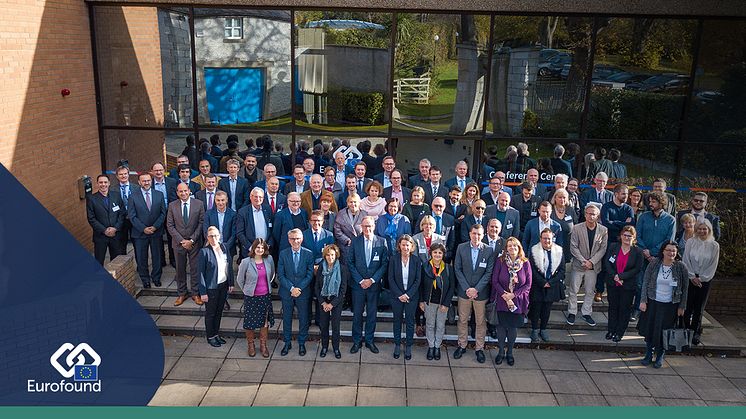
Eurofound’s Management Board has adopted an ambitious work programme for the organisation for 2020, the last of the current multiannual programme for 2017-2020

The number of people in Poland struggling to make ends meet has halved to 39% since the country’s membership of the EU and the share of people at risk of poverty has decreased to 18.9% in 2018 – below the EU average of 21.7%.
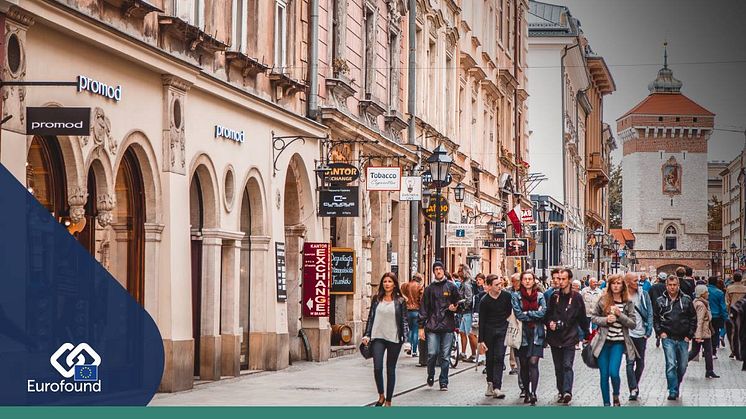
While high-quality childcare and early education is of growing importance, both for children’s development and for facilitating women’s access to the labour market, Eurofound’s research shows that cost is an issue for four out of ten users of early childhood education and care (ECEC) services in the EU.
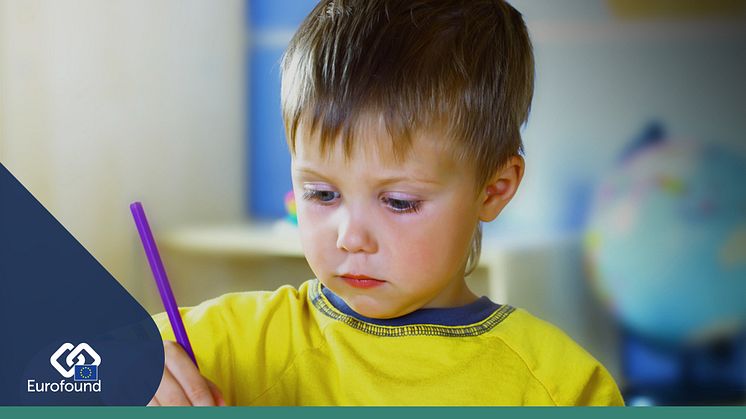
The high levels of reliance on informal care across EU Member States - with 15% or more of care being provided on an informal basis in countries such as Belgium, France, Latvia and Romania – comes with significant social and economic costs for both carers and society, including loss of employment, social protection expenditure, social isolation and the healthcare needs of informal carers.

Czechia records the lowest rates of those at risk of poverty and social exclusion across the EU at just 12.2% – considerably below the EU average of 21.7%. The number of people reporting difficulties in making ends meet has also decreased from 52% in 2011 to 40% in 2016 and perceived quality of public services has improved to be in line with EU averages.

Austria has one of the highest female part-time rates in the EU. This is linked largely to a heavy reliance on informal care where 80% of those in need of long-term care are being cared for informally by a family member. The high level of part-time work (47.9% of women compared to just 8.1% of men) has significant consequences for Austria’s gender pay gap.

Contrary to a generalised concern about a ‘crisis of trust’ in the aftermath of the financial crisis, trust in national and EU institutions has bounced back to pre-crisis levels, while civic engagement has increased, and perceived social exclusion has decreased.
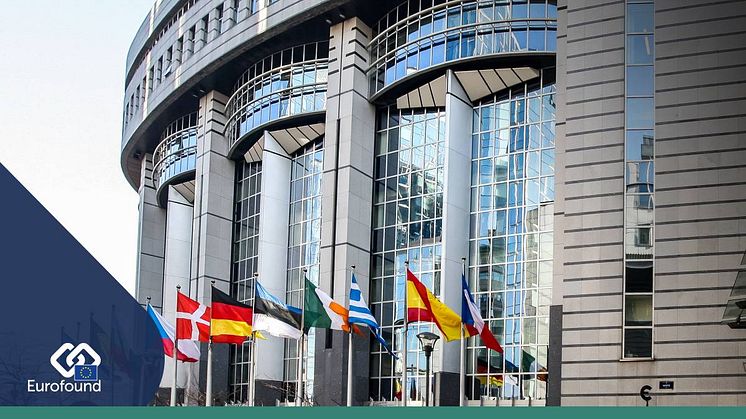
Levels of trust and social cohesion have recovered overall in the EU since the financial crisis, perceived social exclusion has declined and there has been an increase in active citizenship and civic engagement, according to Eurofound’s flagship report ‘Challenges and prospects in the EU: Quality of life and public services’.
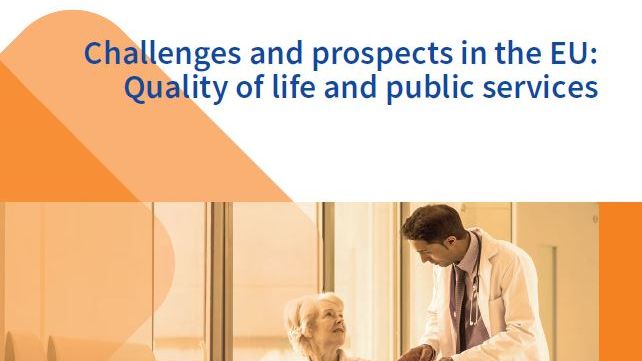
Eurofound ha estado monitoreando e informando sobre las condiciones de vida y trabajo en España, en comparación con otros Estados miembros de la UE, desde antes de su adhesión a la UE en 1986.

This week Spain celebrates the Fiesta Nacional, and we mark the occasion by sharing our research data, findings and analysis to provide a snapshot of the country’s living and working conditions. Eurofound has been monitoring and reporting on living and working conditions in Spain, in comparison to other EU Member States, since before its accession to the EU in 1986.

Employment grew by 19% in capital city regions in the EU’s largest Member States between 2002 and 2017, compared to 10-12% in other domestic regions. This employment growth has been reflected in the growing national economic weight of capital regions, with cities such as London, Paris and Stockholm accounting for 30% and more of the GDP of their respective countries.

Germany this week celebrates 29 years since reunification, and next month will celebrate the 30th anniversary of the fall of the Berlin Wall. To mark this significant time, we share our research data, findings and analysis to provide a snapshot of Germany’s living and working conditions.

With a new European Parliament in place, and a new Commission imminent, it's all change at European level. Eurofound's upcoming research for the rest of 2019 reflects both established priorities under its work programme, as well as ongoing developments in work and life in Europe.
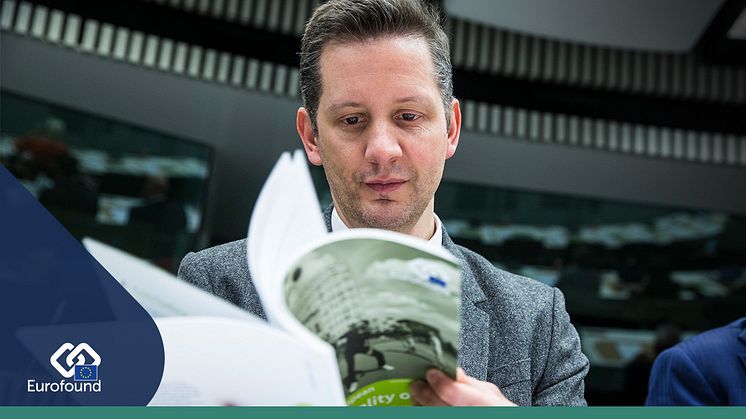
As Cyprus celebrates Independence Day today, we mark the day by sharing our research data, findings and analysis to provide a snapshot of living and working conditions in Cyprus today.
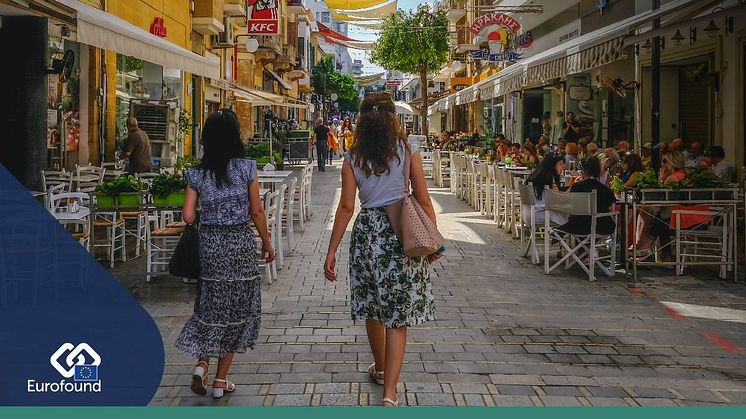
Strong upward convergence in employment and socioeconomic conditions has emerged between EU Member States over the past 20 years despite the negative effects of the economic crisis, according to new research from Eurofound.

Platform work across the European Union can facilitate better access to the labour market for disadvantaged groups, encourage participation among those with other responsibilities and foster self-employment and entrepreneurship. Eurofound’s new policy brief highlights the main opportunities and challenges of platform work and illustrates some of the first attempts at addressing them.

As Malta celebrates its Independence Day, we mark the day by sharing our research data, findings and analysis to provide a snapshot of living and working conditions in Malta today. Eurofound has been monitoring and reporting on the improvement of living and working conditions in Malta, in comparison to the other EU Member States, since before accession to the EU.

As Slovakia tomorrow celebrates Slovak National Uprising Day, we mark the day by shining a spotlight on the ever-improving living and working conditions in Slovakia.
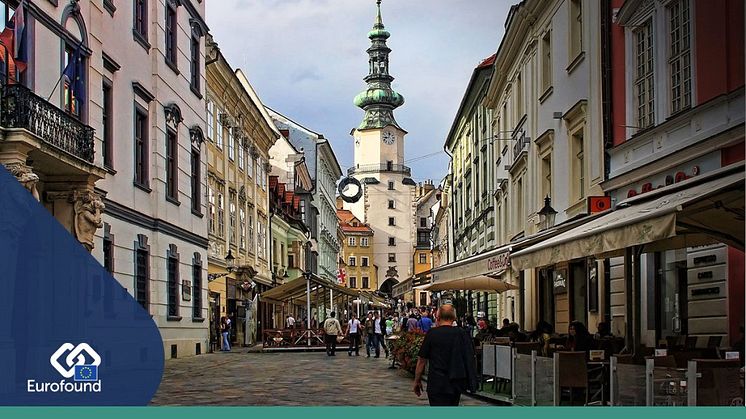
This graph, based on Eurostat data, shows that gender is an important factor in depression. In most Member States young women aged 15–24 were more likely to suffer from depression than young men. The greatest gender gaps were in Denmark, Germany, Ireland and Sweden. Only in Cyprus, Greece and Lithuania were there higher percentages of young men with depressive symptoms.
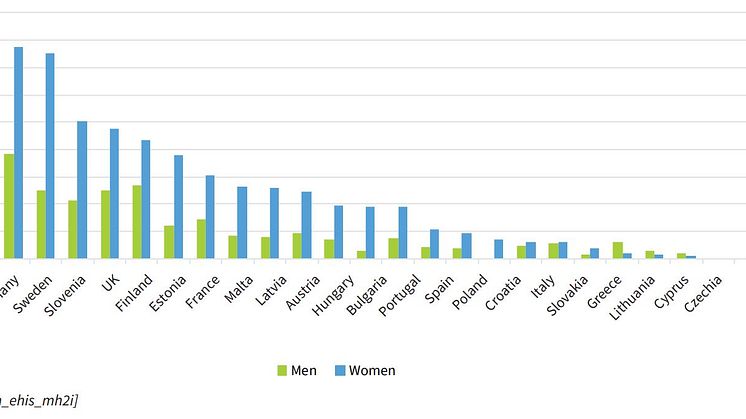
Across the EU, 14% of young adults are at risk of depression, and 4% of young people aged 15-24 suffer from chronic depression. Young women are more likely to find themselves not in employment, education or training, and are significantly more likely to suffer depressive symptoms than young men
